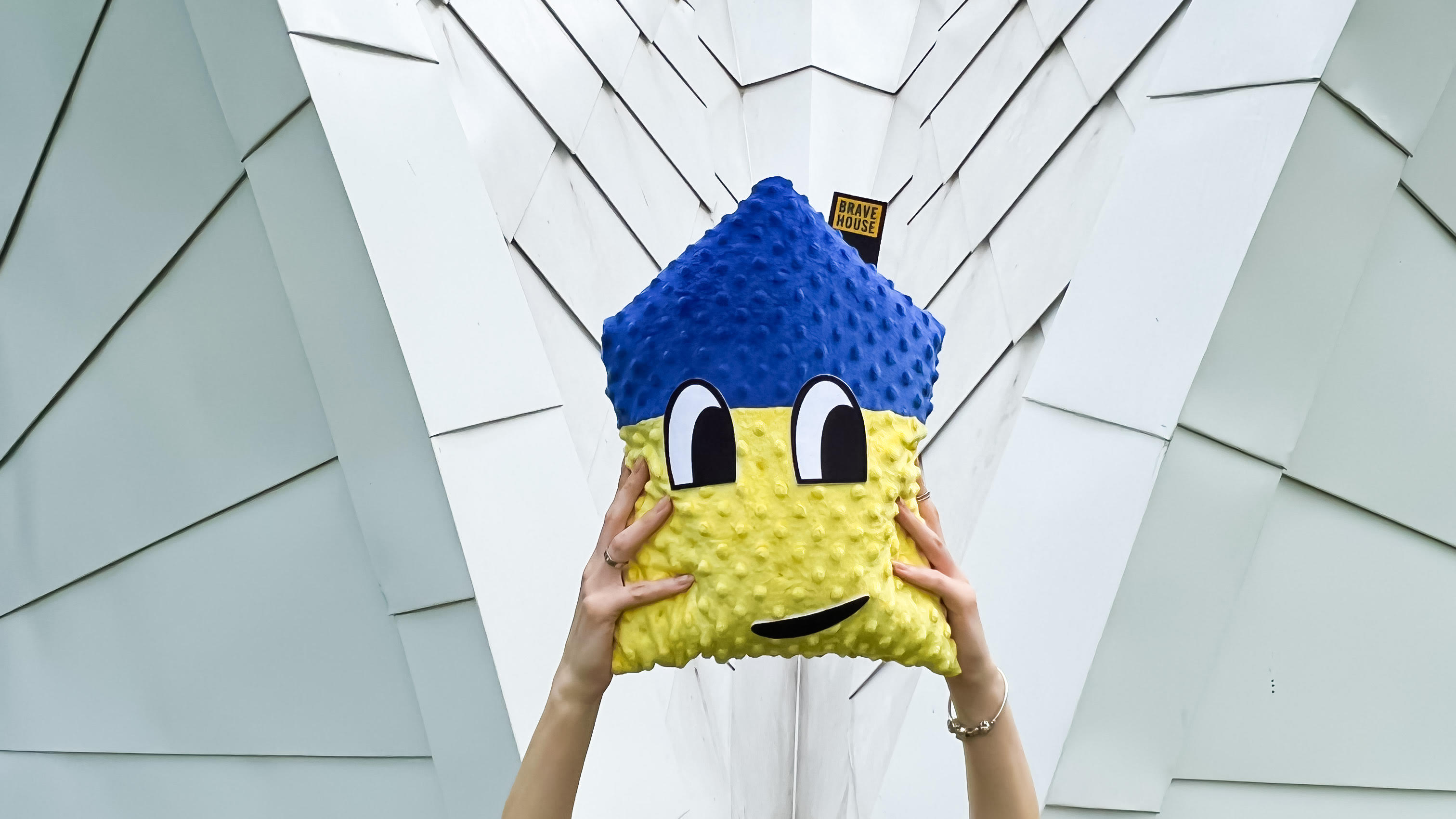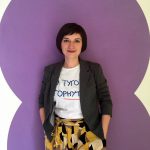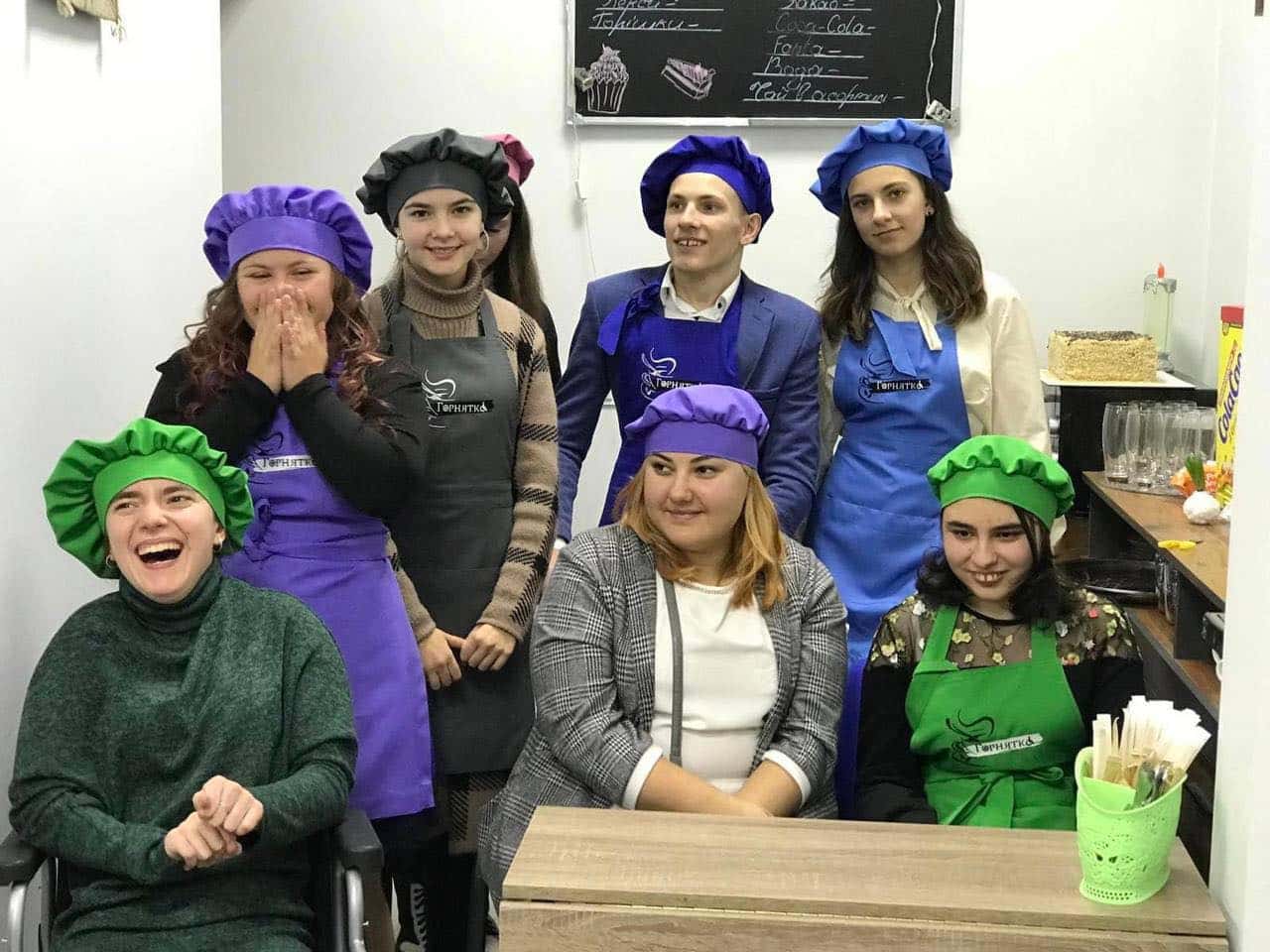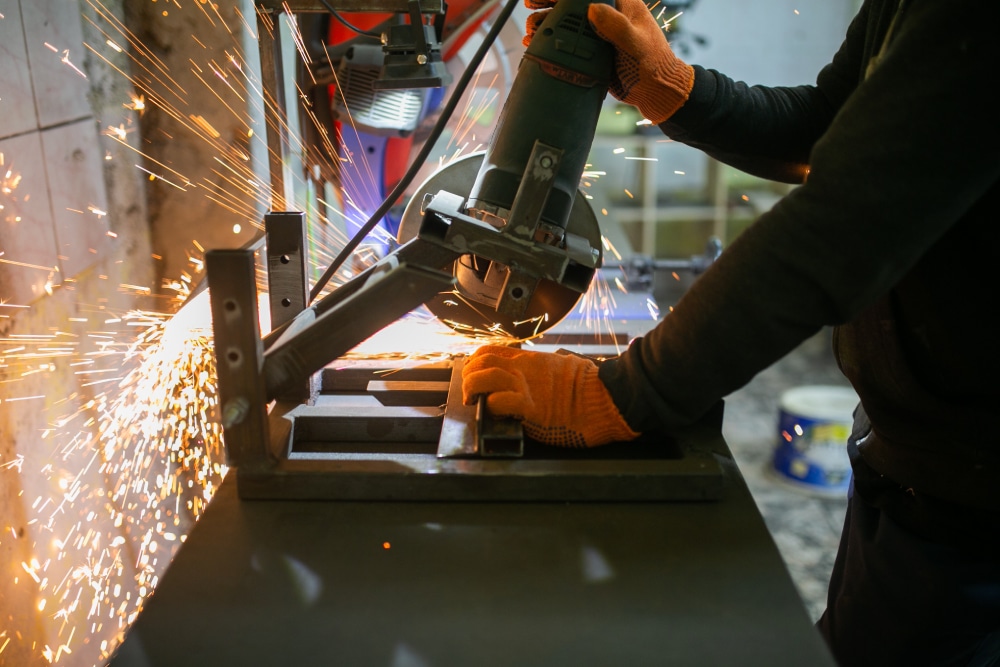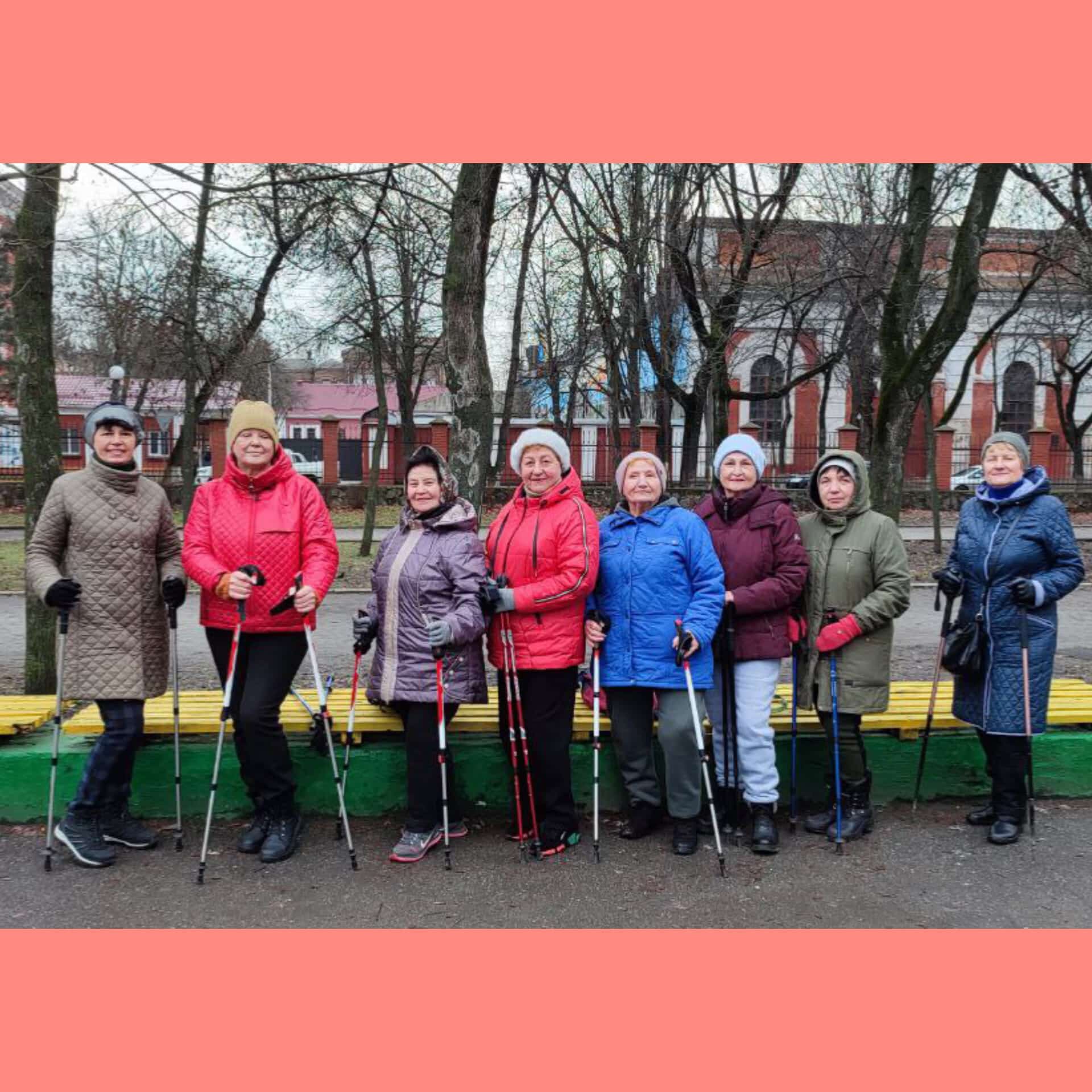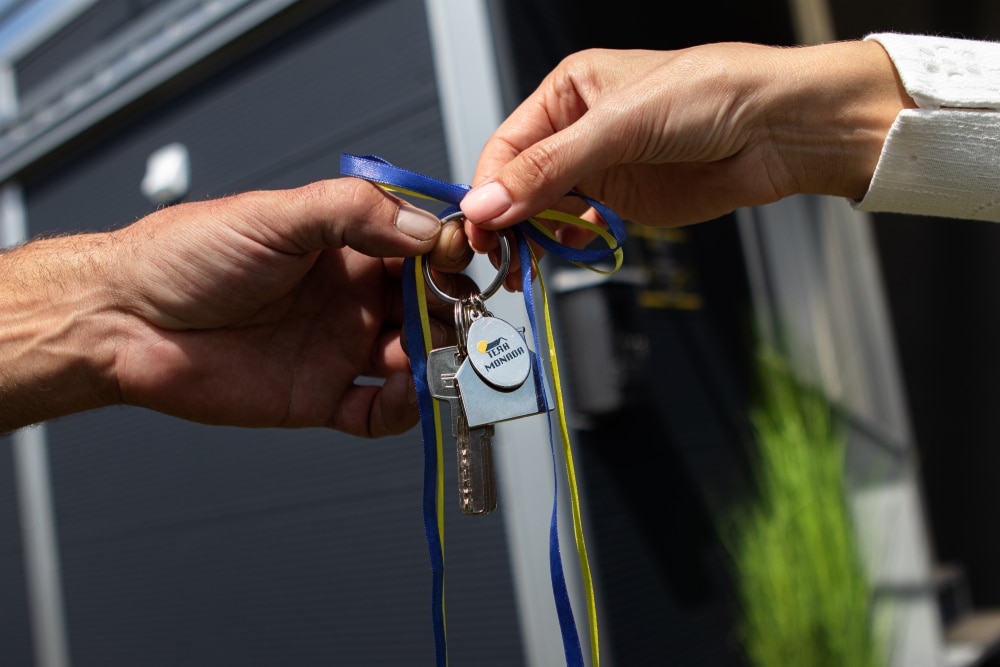Since the beginning of the new stage of the war, according to the United Nations, 8 million people have left Ukraine in search of shelter. Over 2.8 million have already returned home. Those who find temporary shelter in other countries sooner or later face the problem of finding a job. It is challenging to start from scratch if you used to have a certain wealth and social status before. However, Ukrainians have always been known as hard-working people, so they bear new challenges with dignity.
We tell stories of Ukrainian women who left for different countries and now run their businesses while not forgetting to help their homeland.
“We don’t want to ask for money, but we are ready to make something with our own hands and sell it to be able to help in some way.”
On February 24, Marta Morgoyeva, a woman from Lviv, like all Ukrainians, woke up frightened and without understanding what to do next. “It was that moment when the child was sleeping, and I was just scrolling news all the time,” she recalls. “My husband and I packed our stuff immediately and went to my grandmother to decide the next steps.”
Since Marta and her friends, Veronika Muravska and Tetiana Shcheblykina, are close friends, they decided to go to Poland together. “We sat in the car (women and four children) and started crying,” recalls Marta. Then we arrived in Lublin, and there were foreign people and a foreign language. You have a small backpack, a child in your arms, and a lack of understanding of what to do next…”.
Marta remembers that all the Polish she knew rushed to help them. The apartment where the women currently live is rented out by Alina Kniets, who has been helping since the first day and volunteers a lot.
“At first, we couldn’t accept it,” says Marta. “It looked like we had a place to live while someone else had a much worse situation.” So later, they started doing something for each other to say thank you. “On Sundays, when they brought us a full plate of chops, toys or sweets for the little ones, we never left the bowl empty (we made dumplings or baked an apple pie for Alina). As a result, it felt like we cared about each other.”
For two months, the women couldn’t pull themselves together. News, air alarms on the phones and fear for their loved ones were eating them. They wanted to help but didn’t know how. So they started volunteering — they distributed food at the bus station in Lublin. And although work helped clear the head, get rid of fear and made room for creativity, it turned out to be not enough.
“Since we have small children, we came up with the idea of sewing toys — blue-yellow pillow houses. During the new stage of the war, many homes opened their doors to Ukrainian women and children, so the house became a symbol of shelter and warmth, a home that is always with you,” Marta shares. “Tetiana knows how to sew well, Veronika is a fashion designer by profession, and I am a marketing manager. That’s how the story of our Brave House began.”
Every Sunday, the owner of the women’s apartment came and brought them something (flowers, snacks, clothes). One morning, they asked using Google Translate if she could give them a sewing machine. And they received it by five p.m. So, the women drew a house, bought the fabric, sewed the first copies, sent them to their parents and husbands, and realized something was in it.
“We set two tasks,” says Marta. “To thank Alina, who accepted our children and us. There are many people like her in the whole world. This is the typical image of people who opened their doors to Ukrainians. And since there are many of them, our plans include sewing blue-yellow toys and toys in the flag colours of the countries that supported Ukraine. The second goal is to raise funds for children affected by the war.”
Another project participant, Veronika Muravska, adds that mothers also involve children in their work. “When we sew houses,” she says, “everyone is busy, and children often are glued to their phones. To get them out of the gadgets, we give them the task of stuffing pillows. They even have a competition: who will do more and be the first.”
Marta recalls that after the project was launched, she contacted her friend Ania from Lviv and shared the story of “Brave House”. Ania also talked about her project, the Mykola Petrenko Charitable Foundation. So the women decided to raise funds together. “We give them 30% of our sales,” says the entrepreneur. The foundation takes care of children from the orphanage at 17 B Levandivska Street in Lviv. Now they host children from the East — Lysychansk, Popasna, etc.”
A tag is attached to each pillow, indicating where the funds will be directed. For example, “I’ll help Karina from Popasna, 7 years old.”
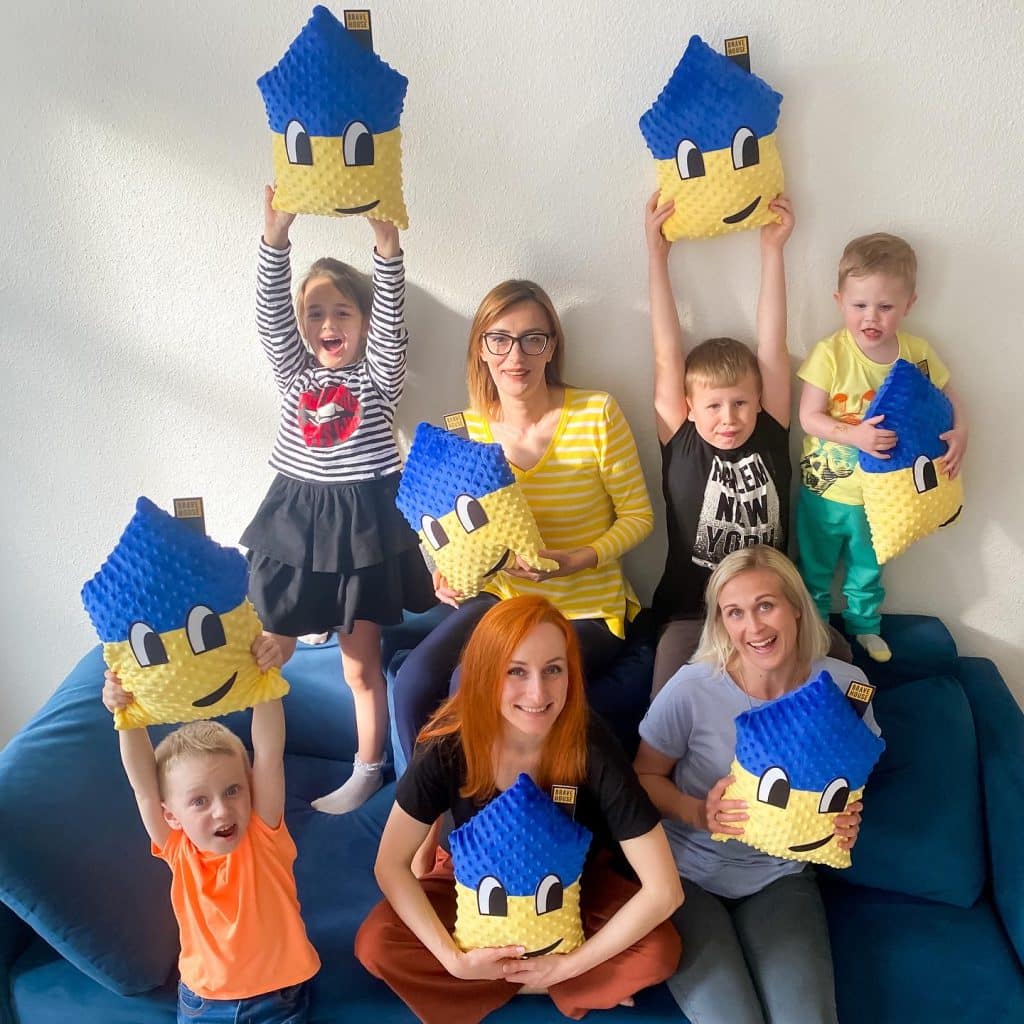
And this girl draws a picture, which is attached to the house. “We wanted to personalize the help,” Marta says, “to show that we are talking about real children. In addition, drawing allows them not to keep all this fear of war in their heads but to put it on paper. Also, in this way, children thank for the donation.” Anyone can participate in the project and draw a picture of a house.
The project started on May 28, and the “brave houses” have already gone to England, Germany and Turkey. “We don’t want to ask for money,” Marta adds, “but are ready to make something ourselves and sell it.” It is an important aspect of Ukraine’s image abroad.”
When the war is over, the founders of the Brave House project plan to transform it into something more. Women currently face many difficulties related to the transportation of their products to Ukraine. The fabrics supply might be a problem in the future. They plan to relocate their business home, but there may be a problem with the lack of the necessary material that will have to be imported from abroad. But as Marta assures us, the main difficulty is the war. Everything else can be settled.
“I invested all my money in the product that remained in Kramatorsk.”
Anna Pakina owned the ” Zavarinka ” store for seven years in Kramatorsk. The store assortment included about 200 types of tea and 40 types of coffee. The entrepreneur also liked to look for special holiday cans for these drinks and collaborated with various brands that produce them. Later, sweets from one of the Kharkiv sweets factories appeared in the store.
“The war started when we woke up in the morning, and the whole world turned upside down,” recalls Anna. “For a long time, I couldn’t believe this was true. The first two weeks were quiet in Kramatorsk, and we had no intention of going anywhere. In mid-March, the tension in the town rose, so I took my parents and my daughter to the Czech Republic. We chose this country because we realised that many of our people are already in Poland.”
When the family boarded the train, at first, they didn’t even know where it was going. After reaching Uzhgorod, they learned from the volunteers that there are direct buses from the bus station to the Czech Republic. Still, Anna and her family couldn’t use them because her 87-year-old grandfather would have difficulties crossing the border on foot.
After arriving in Prague, the family met an acquaintance who advised them not to stay in the city because it was overcrowded. “In the evening, we were simply informed,” recalls Anna, “that the bus was ready and we were going to Karlovy Vary. I was shocked. I couldn’t imagine what we would do there.”
But wonderful people immediately met Anna and her family in this town. “We live in a mini-hostel for 12 families,” the woman says. “The Czechs here have created such conditions that it looks like an apartment. We got everything we needed. It was embarrassing and inconvenient, as I am used to helping myself and not asking anyone.”
After a while, Anna decided to look for a job. “An acquaintance supported me a lot and suggested opening a business similar to the one in Ukraine.” At first, the entrepreneur didn’t believe it was possible, but she tried and admitted that there were almost no difficulties. “Everything happens very quickly,” says Anna. “The main thing is to have an interpreter with you if you don’t speak the language. First, I registered as an entrepreneur. Two days later, I received the relevant document. Then we were registered by two more necessary institutions. You have to pay only two taxes in the Czech Republic, but they are much higher than in Ukraine.” Anna’s only problem was her lack of language skills. This caused delays in product delivery.
At the end of May, her tea shop opened in one of the shopping centers in Karlovy Vary.
“In the Czech Republic, rent is costly,” says Anna. “When looking for a place, I found the smallest one in the shopping center on the second floor. Maybe it’s not quite successful. Unfortunately, I don’t have many customers yet. They are mostly our tourists or those who live in Germany or Israel and love tea. Ukrainian refugees from Mariupol, Severodonetsk, and Sviatohirsk also buy tea. On the other hand, the Czechs rarely buy tea. I see no culture of drinking it here, so this niche is completely unoccupied.”
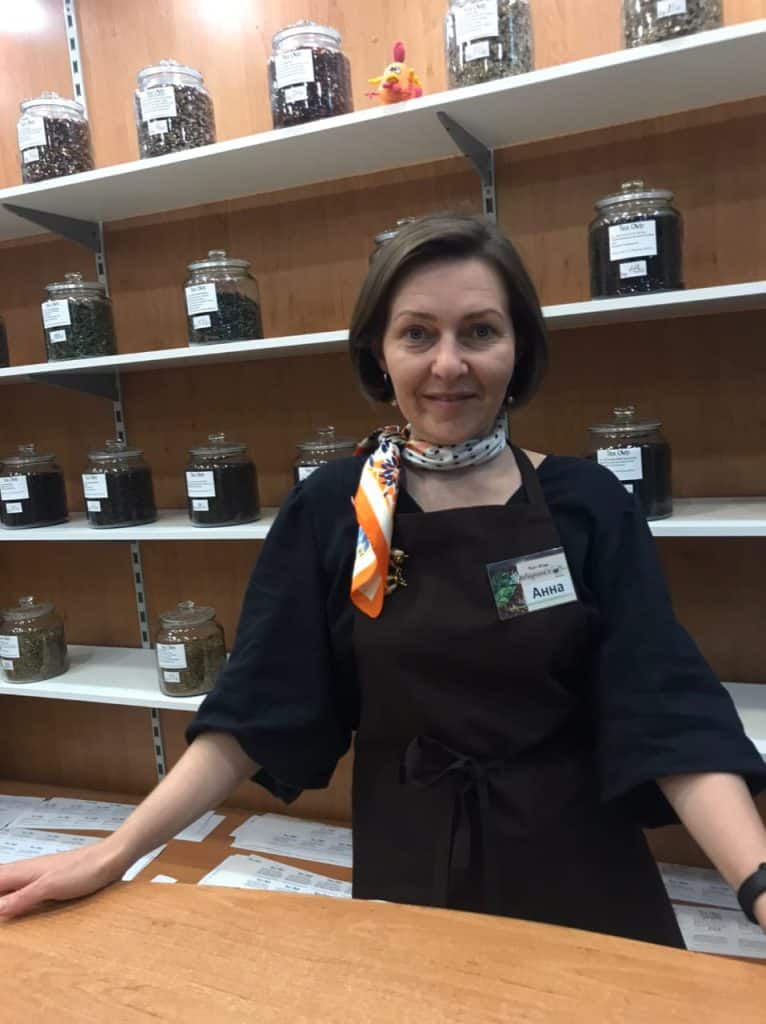
Anna’s father helped to settle everything in the shop. He made the shelves in the store himself. The entrepreneur admits that in the Czech Republic, unlike in Ukraine, it is difficult to find a company that would help with furniture assembly. They are usually booked months in advance. “Therefore, if Ukrainians who come here need ideas for business,” thinks Anna, “here is a good one.”
The greatest difficulty for her was the financial aspect. “I didn’t have much money with me,” Anna says. “I invested all the money in the goods, which remained in Kramatorsk. We couldn’t get it out. That’s why I don’t have much money and time to get the Czechs used to tea.” But the entrepreneur admits that she would be happy to develop her business in this direction.
“Our social mission is to continue the flow of funds to Ukraine as much as possible”
The first two months since the beginning of the full-scale Russian invasion have passed like a blur for the co-founder of the silk goods brand MOLODO, Myroslava Droniuk. The woman and her daughter moved to Denmark, where they lived in an open space for 7 people. Her partner from Mariupol, Nadia Kotvytska, with whom they opened a business before the pandemic 2.5 years ago, remained in Ukraine.
The production facility where the brand sews its products is located in Lviv, and the entrepreneurs buy silk of high quality directly from the manufacturer. Since the brand was created, its primary value has always been environmental friendliness. “We have zero-waste production,” Myroslava says. “Even if a piece of silk remains, we will always find a way to use it. For example, we make small lavender bags, which create additional pleasure for the customer with its scent.”
After the full-scale invasion, we had to suspend our business. The entire brand team went to different places: the administrator with two children left for Poland, and our social media manager fled to the Netherlands. “Within a month, active campaigns began in Ukraine which aimed to encourage businesses to return to work,” recalls the brand’s founder. “And we also started receiving orders again.”
Myroslava says that in Denmark, they thoroughly support entrepreneurs, especially women from Ukraine. This state is generally considered the best for starting your own business. Here, the entrepreneur participates in Google’s PROGRAM FOR FEMALE ENTREPRENEURS. This is a one-month intensive for those who want to do business in Europe.
“One of the program participants once said that it’s tough when you come to Denmark and face the fact that you have to go to work to mop floors, while at home you were used to doing business,” Myroslava shares.
Myroslava is currently working in several areas. First, she tries to understand how Europeans, especially Scandinavian women, differ from Ukrainian women and how they think. The second challenge is moving. “When you come to another country,” Myroslava says, “Where you don’t know anyone, you need networking because business is about connections. Without the program, it would have been more difficult for me. But now I have external support.”
The entrepreneur says that she and the brand’s co-founder are each working on their own fronts today. They constantly receive orders from Ukraine, although they are small (about 20% of what was before the full-scale invasion).
Recently, Myroslava and Nadiya have hired back other girls from the team on minimum wage. Therefore, the number of workers is now reduced to the necessary minimum, although more people were working before the invasion.
Myroslava emphasizes that their production will remain in Ukraine. “This is our social mission,” the entrepreneur says, “To continue the flow of funds to Ukraine as much as possible.” We will also try to work as a tailoring service for other European brands.”
The co-founder of the MOLODO store talks about the problems that arise when doing business in Denmark. Yes, import-export from Ukraine is an important and complex issue. “They have all the bureaucratic issues well established,” Myroslava adds, “but it’s difficult for us.” Therefore, if you need to export something from Ukraine, you must prepare many different documents, which can be challenging to deal with. That creates additional complications in doing business.” But there are also advantages.
“Ukraine and Denmark have agreed on zero customs duty,” shares Myroslava. “If we send products here from Ukraine worth less than €6,000, we don’t pay 12% tax. It is crucial for a small business.”
Currently, the brand’s founders are translating the site into another language, slightly trying to change the positioning and branding. “The war pushed us and forced us to scale up and enter new markets,” adds Myroslava. “If in Ukraine we worked B2C (we sold to the final customer), now we will sell B2B (large batches to stores). I really want to show the world that Ukraine has a good product, that we can work and be competitive in all markets.”
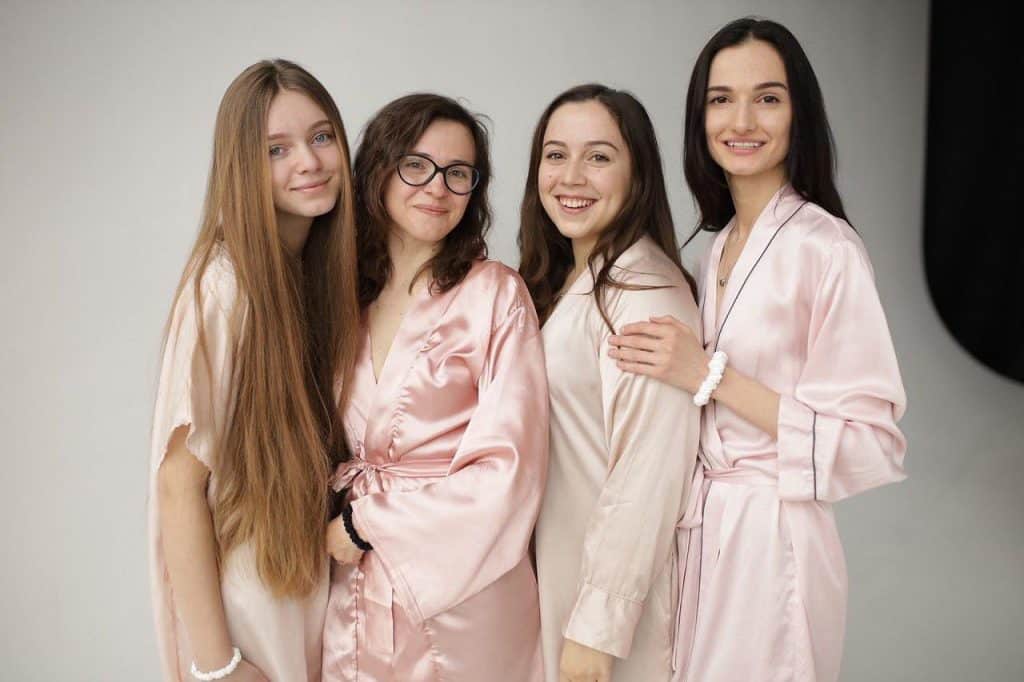
Danish businessmen, with whom Miroslava had the opportunity to communicate, also note this. “An entrepreneur acquaintance notes that tailoring is no longer cheap in China or Poland,” adds Myroslava. “That is why they are considering Romania and Moldova. She also noted that Ukraine has a very high level of tailoring. We have good designers and tailors. And that all of Europe is waiting for it to be safer to invest in Ukraine, to enter our market and sew clothes here. After all, the price and quality are very attractive.”
Since the beginning of the new stage of the war, the MOLODO brand has actively supported the Armed Forces. The company donates 10% of sales to the Come Back Alive Foundation.
“At the beginning of the war, our production was sewing load-bearing equipment,” says Myroslava. “Now I will go to Ukraine and am considering bringing some materials from abroad. Winter is coming soon, and I want us to sew thermal clothing and fleece items that will be needed soon. I remember it was cold in March, and there was no material for thermal underwear in Ukraine, so it had to be brought from Poland.” This year, the brand plans to prepare in advance.

